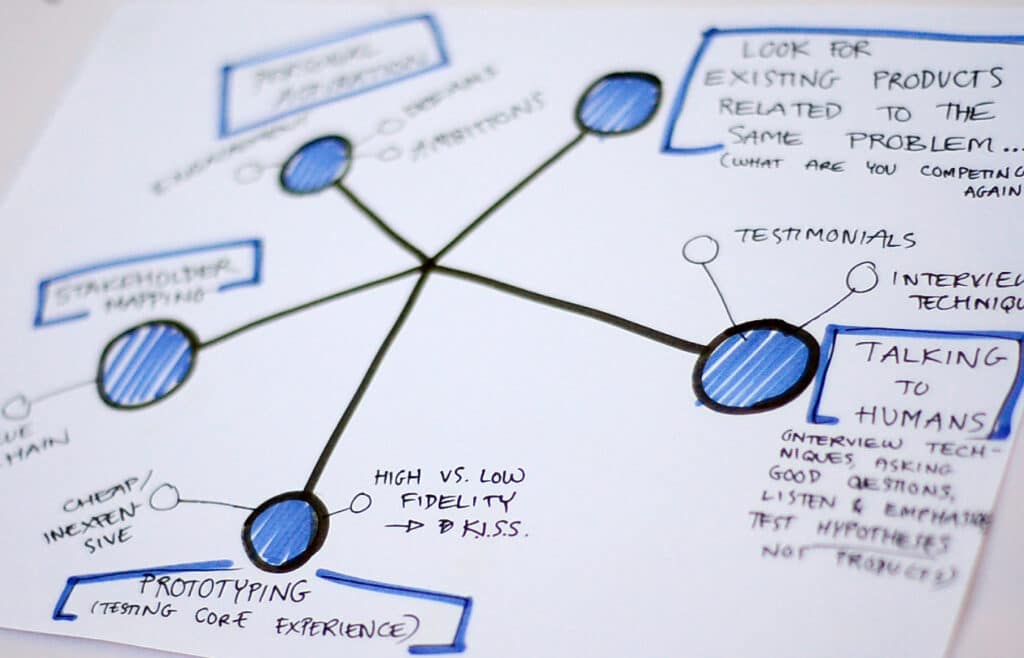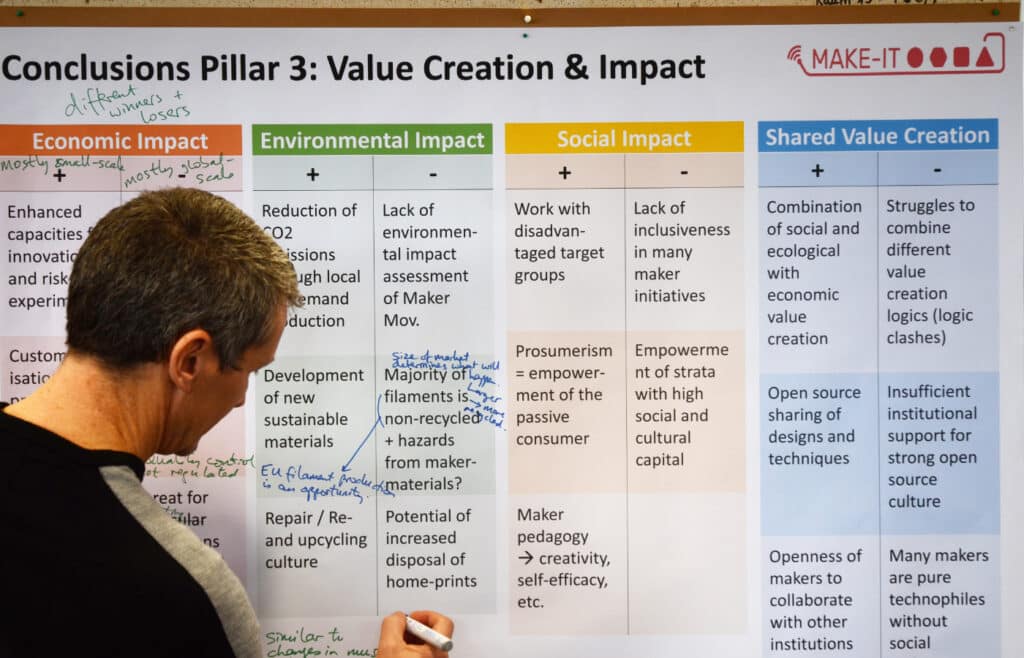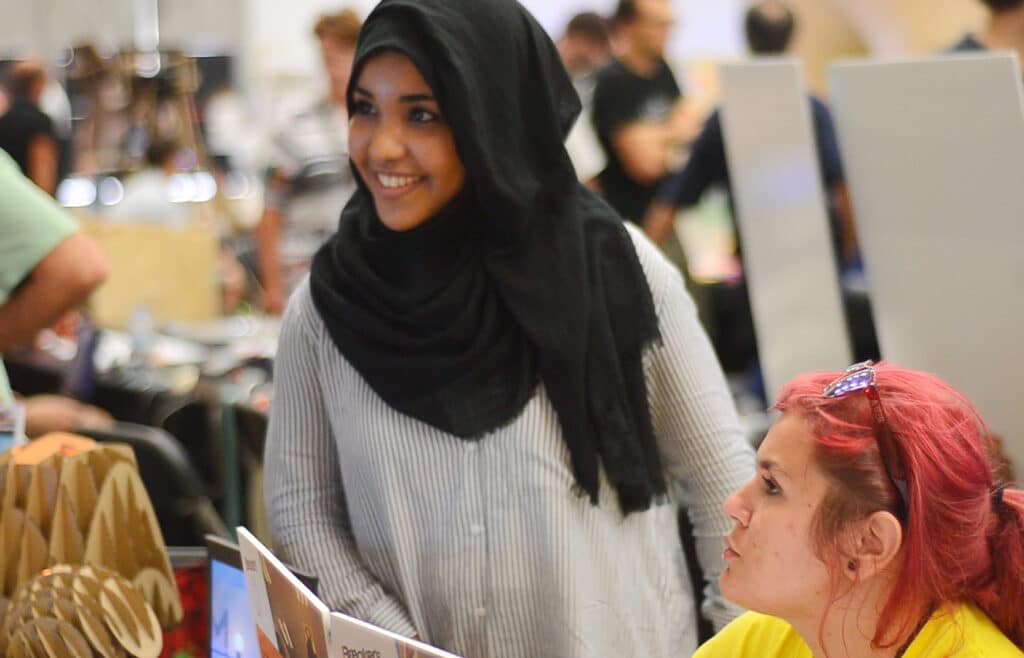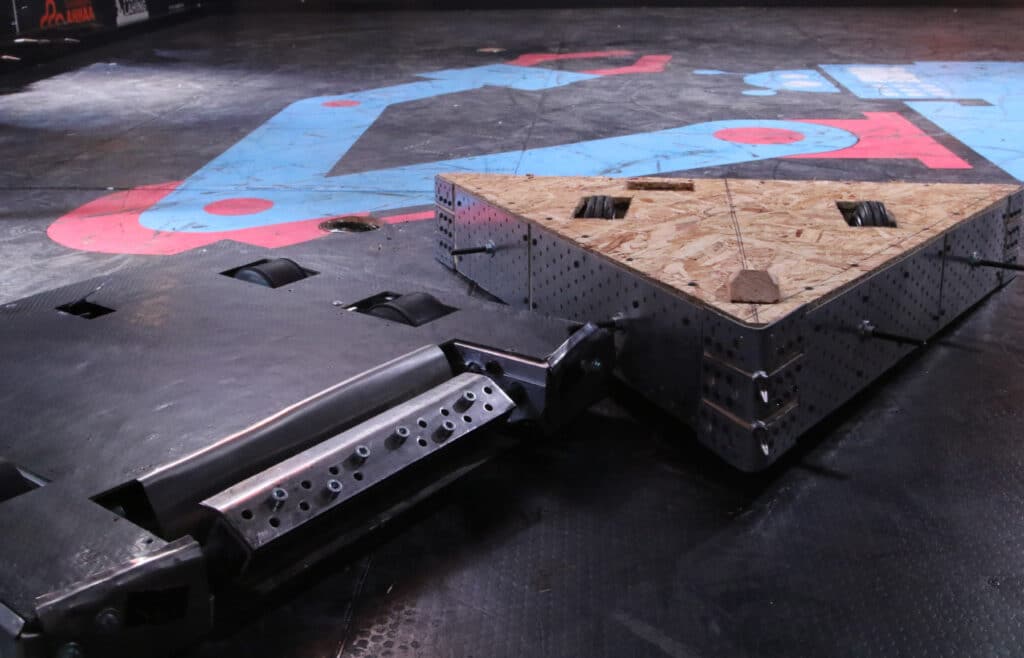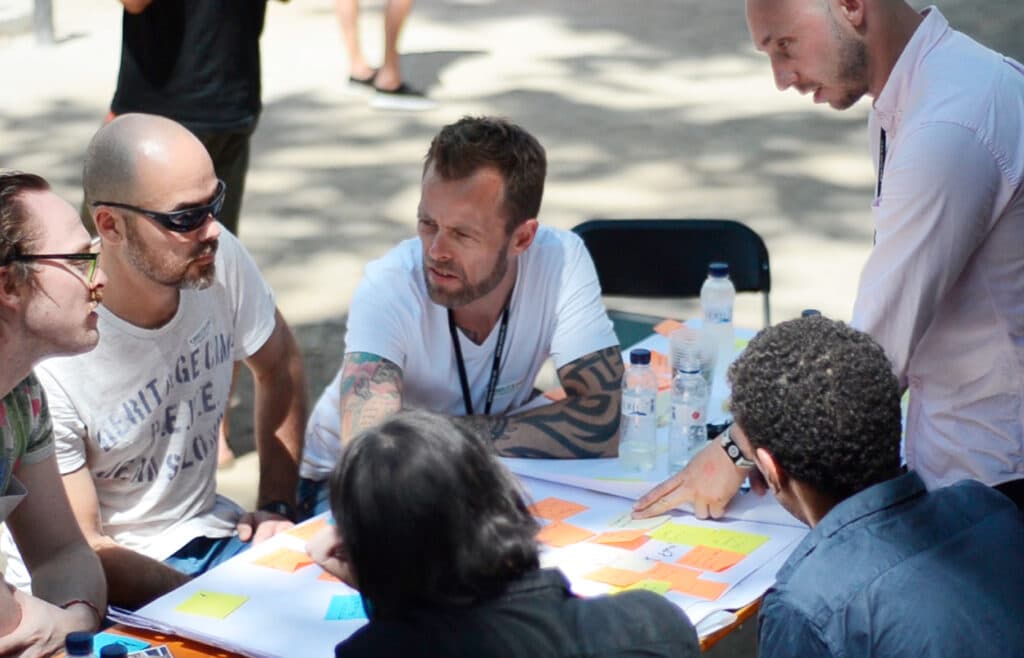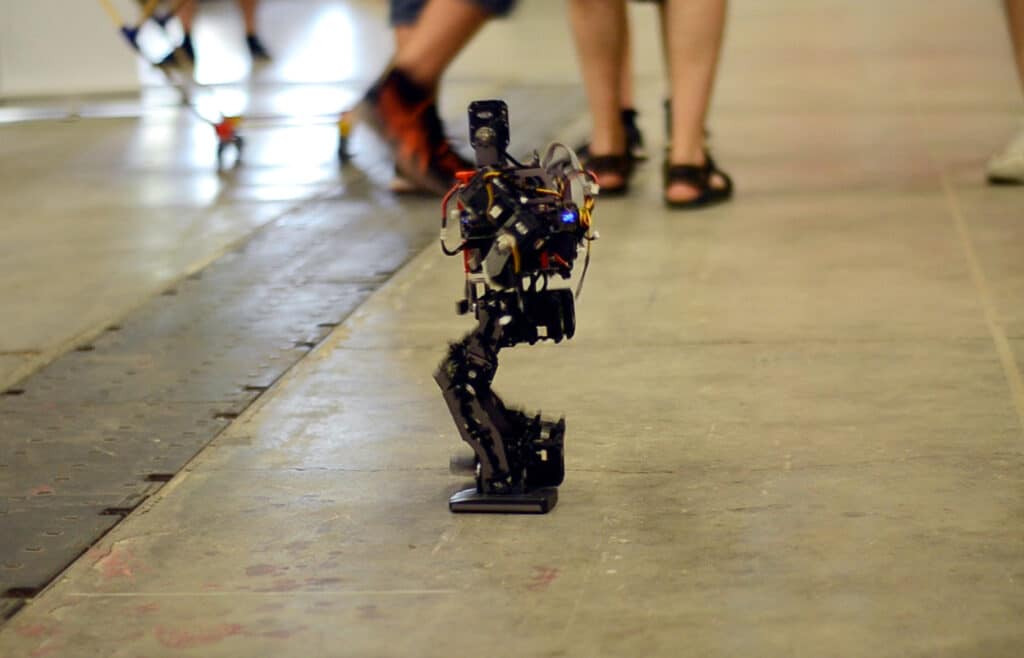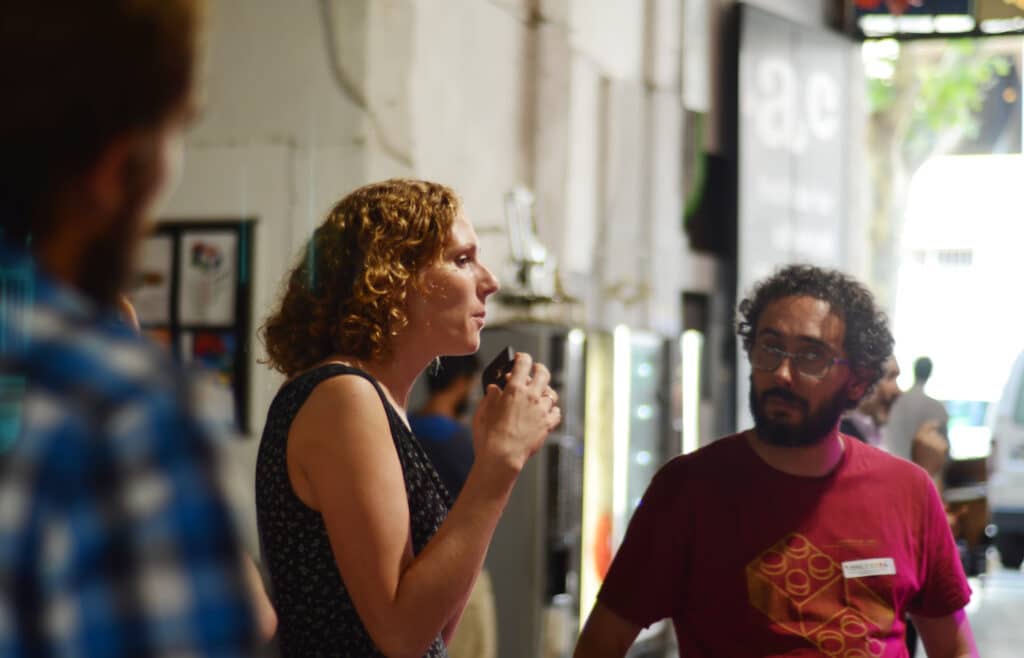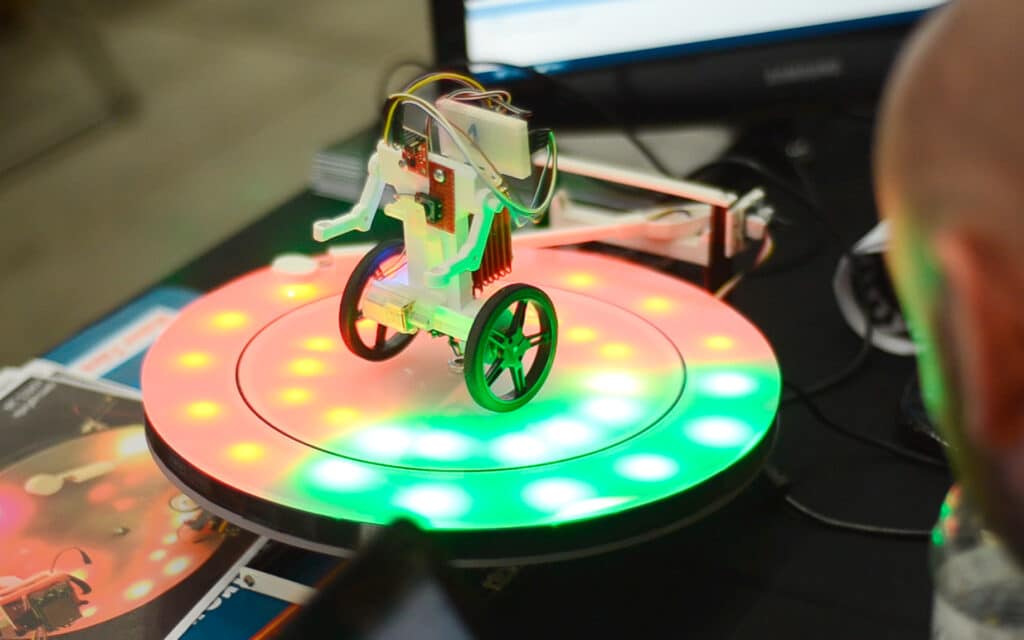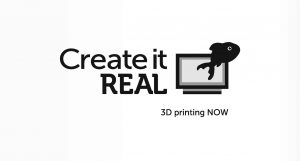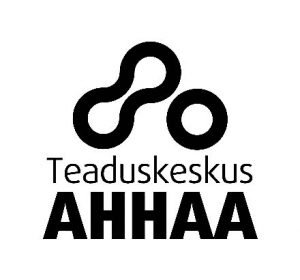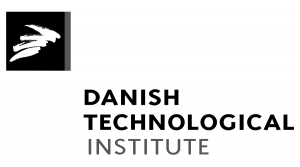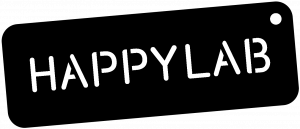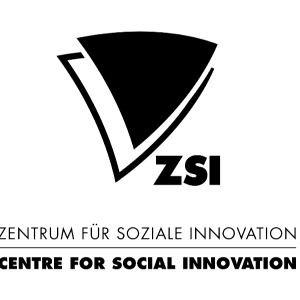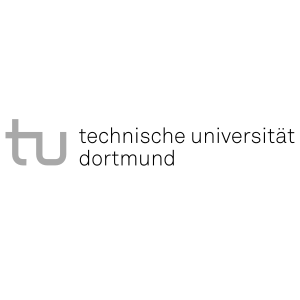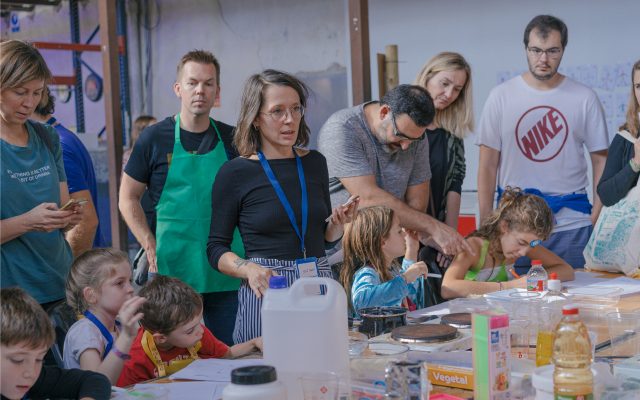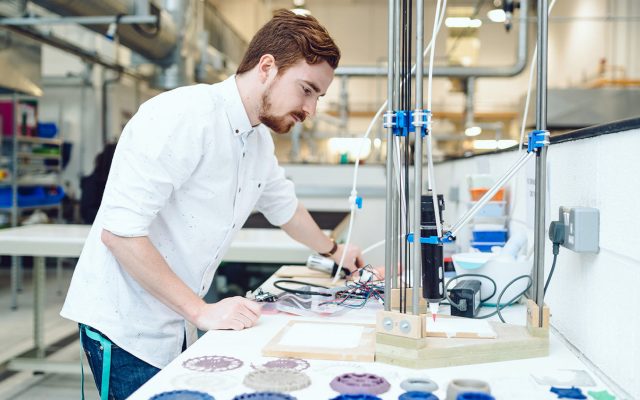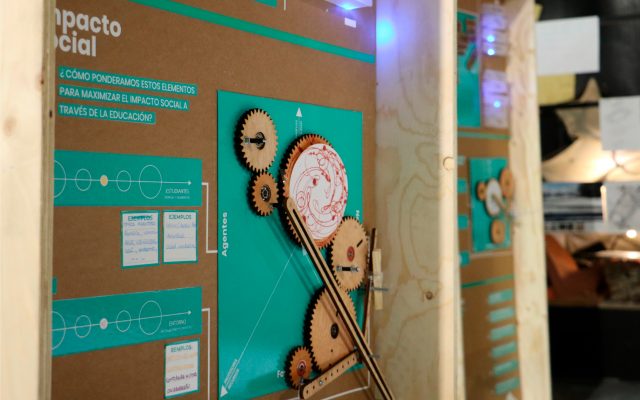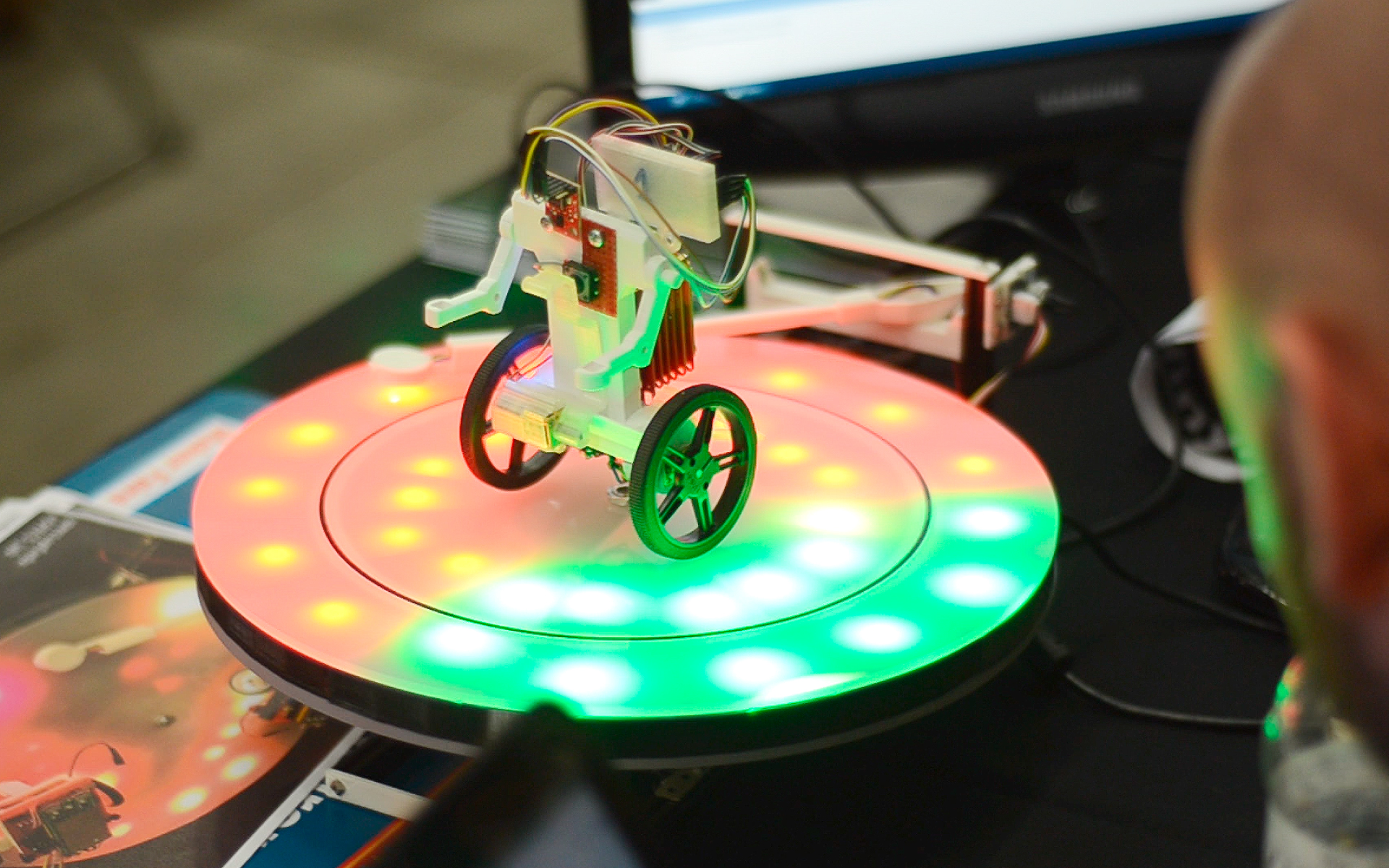
Make-It
Understanding Collective Awareness Platforms (CAPS) and how they can develop and enhance the maker movement.
The Challenge
How can Maker communities achieve sustainability and organise themselves?
Our Solution
Case studies, publications and digital platform mapping of tools and methods that support the maker movement.
Type of Project
Research and Innovation Action for Industrial Leadership in information and communication technologies funded by European Union’s Horizon 2020 programme under Grant Agreement 688241.
Project Outputs
The MAKE-IT book and open source software suite including the Fab City Dashboard demonstrator
Cities are currently huge consumers of natural resources. Our environments are often designed so that we cannot see how products, platforms and systems could be different – this model is named the Product In, Trash Out model (PITO). The PITO model fails to harness the creative imaginations of many skilled citizens – a promise for change of this model resides in the increase in makers and the maker movement – the increase in digital fabrication laboratories and accessibility and lower cost of machines such as 3D printers has led to the development of a new city dynamic.
The Project
The Make-It project has been developed to understand how the role of Collective Awareness Platforms (CAPS) enables the growth and governance of the maker movement to enable its growth and sustainability. CAPS is a European Commission coined phrase and consists of a database of platforms which all work towards promoting more sustainable futures.
Make- It targets understanding the dynamic of the maker movement – in how CAPS enables growth and development. The project can then aid maker movements further in the organisation, sustainability, creating impact and value. Make-It worked on 10 case studies which all reside in three general categories. The first category is that of technology scenarios: understanding and documenting the state-of-the-art platforms or apps which have either been developed or used by CAPS. The second is that of enhancement and action research which works on the basis of knowledge transfer and implementation of CAPS technology enhancements. The third is the development of real-time practical problem solving, in comparison to classical analytical research.
Our Contribution
Fab Lab Barcelona at IAAC provided the base for research and understanding how maker initiatives are organised. Through researching skill development and interaction between makers in a diverse environment assessments were made on which values are created through making. Fab Lab Barcelona’s extensive Fab Lab network and subscribed makers on the fablabs.io platform provided ground for this research to take place.
Who is it for?
The Make It project can be used by a wide variety of organisations and individuals, from the methodology to the contextual application.
Society
Civic society actors – Fab Labs, Makerspaces, Hackerspaces. Makers who wish to understand the beneficial opportunities of CAPS projects and then further utilise this to create more value in their own enterprises.
Researchers
Research, facilitation and consultation actors – student, makers, teachers consultants and facilitators who all wish to provide data to develop Make Its’ understanding of the maker movement.
Policy Makers
Interested in the role of urban manufacturing on topics such as employment, community and sustainability.
Economists
Economists who wish to understand how CAPS aided projects can generate, develop and sustain revenue.
